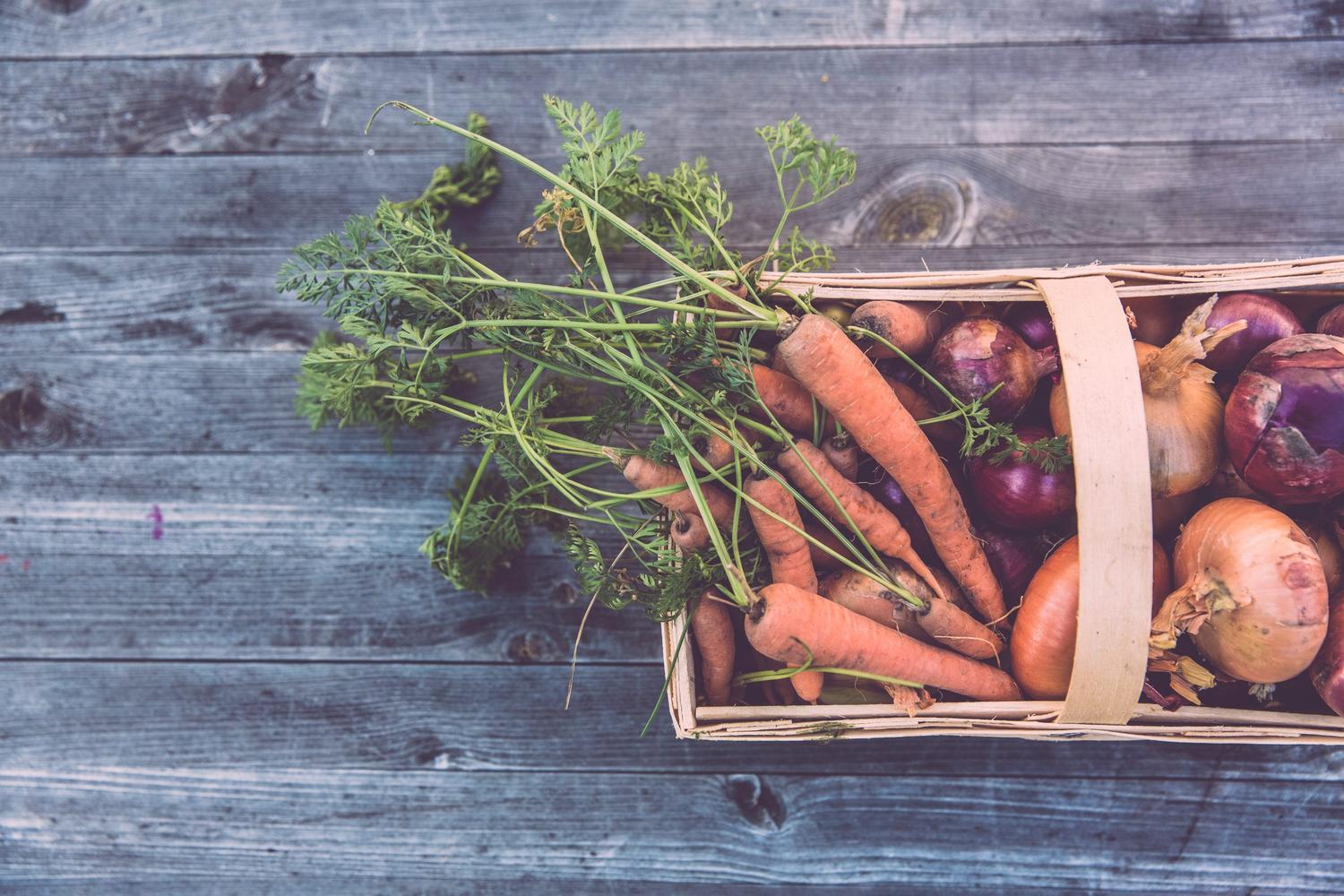
Go Green with GreenJinn: Plastic Free July
by Laurent O.
July 01, 2021
5 MIN READ
This month is Plastic Free July, which means we’re going to be talking about plastic waste with another post in our sustainability series ♻️ Today, Didi from Sustainable Deeds is sharing some facts about plastic waste and Plastic Free July as well as how we can all get involved and make a difference.
Plastic waste has been a hot topic over the last few years, and for good reason. The production of plastic materials requires huge amounts of oil, energy use, and transportation, all of which contribute negatively to greenhouse gas emissions and pollution.
But unfortunately, the bad news does not stop in the production phase. Plastic objects can be difficult or even impossible to recycle and therefore they add to the global issue of landfills and waste spreading into the natural environment. It is estimated that 80% of all marine debris studied is made up of plastics.
The good news is that each one of us has the power to reduce the amount of plastic we use daily and to correctly dispose of the plastics that we do use. Each year in July, The Plastic Free Foundation launches its global campaign, Plastic Free July. Initially launched in 2011, the campaign aims to get individuals and businesses to assess their reliance on plastics and encourages people to pledge to either reduce their single-use plastic consumption or even to go completely plastic-free.
Deciding to go entirely plastic-free is a huge commitment and challenge. I applaud anyone that takes this action, but I generally encourage people to start small by eliminating plastics from their life in a slower, more manageable way. Many already do great things to reduce plastic usage, but if you are yet to start then these are my beginner’s tips:
1. Use reusable bags
The plastic bag tax was introduced in England in 2015 to reduce the number of single-use plastic bags used across the country. The initiative has been hugely successful. It was reported by WRAP that the main retailers in England issued 7.6 billion single-use carrier bags in the calendar year 2014 before the carrier bag charge was introduced. WRAP data indicates that, in comparison to this, there has been a decrease of more than 90% of bags (over 7.1 billion bags less) from 2018 to 2019.
2. Use a reusable drinks bottle/cup
Plastic bottles and single-use coffee cups are the items that I have most commonly found on roadsides, parks, and the beaches near me. A really simple solution is to arm yourself with a reusable flask or coffee cup. There are many different options on the market, but my trusty favourites are pictured here, they come everywhere with me. Not only does this action have great environmental benefits, but it can also be a great cost saver. Tap water and homemade coffee are vastly cheaper than buying drinks out and about.
3. Buy loose produce
Lots of the major supermarkets are moving towards offering more loose produce again and this is a brilliant way to reduce the amount of single-use plastic in your home. If like me, you are lucky to still have a local greengrocer or corner shop then chances are these are also perfect places to pick up loose fruit and veg. Maybe start by trying to buy your top three favourite fruits or vegetables without packaging and work up from there.
4. Visit your nearest zero waste shop
This one is dependent on where you live, however, zero-waste shops are popping up on high streets all across the country now. Find out where your nearest one is and pop in for a browse. Start by looking at the products that are on offer and working out which ones you most often buy in plastic packaging. Perhaps commit to buying all of your pasta and rice from a zero waste shop to start with. Many zero waste shops now offer delivery or ordering systems which can make this action more convenient. I am lucky to have a mobile zero waste shop that comes to my local farmers monthly, so I bulk buy all my dry goods monthly.
5. Learn about recycling effectively
Knowledge is power! Plastic waste is a large issue to get your head around but there are lots of free resources to help make it more understandable. I highly recommend the Recycle Now website as well as the Wrap website and resources. Books are a great resource too, how about popping into to your local library or checking the local charity shops to see if there are any environmentally focused books to read. There are also lots of social media groups full of advice and ideas, these are great places to ask questions as well as sharing your ideas.
More from Didi:
Header image by Markus Spiske on Unsplash